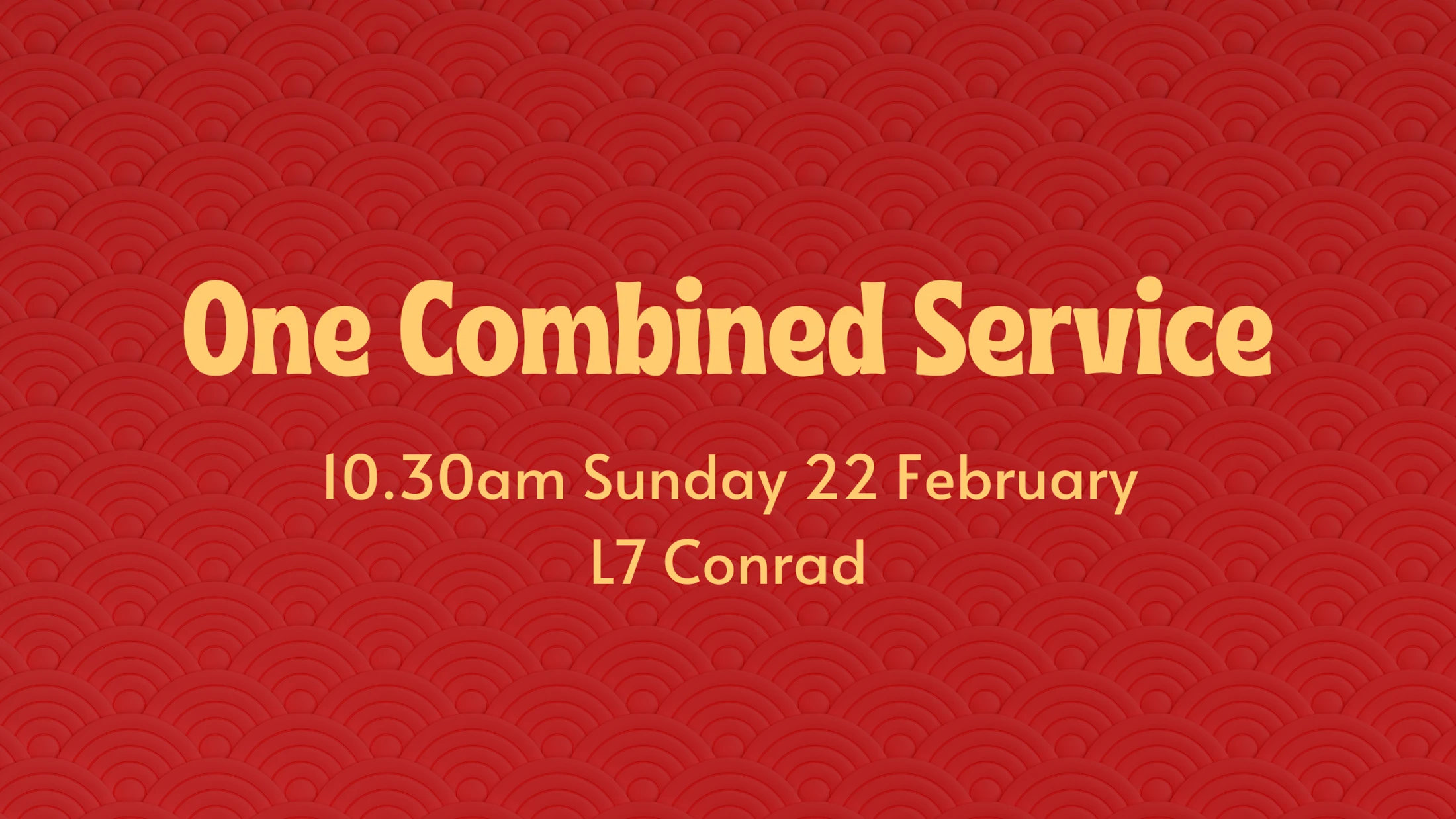Ambassador International Church
Here at Ambassador we love Jesus, we love people, and we love the questions people ask.
Whether you’re exploring the Christian faith or looking to join a church, we’re glad you’re here.
Come and join us as we gather each week in the heart of Hong Kong!

Recent Sermons
Here are some of our most recent sermons. You can also find them on Apple Podcasts and Spotify Podcasts.
